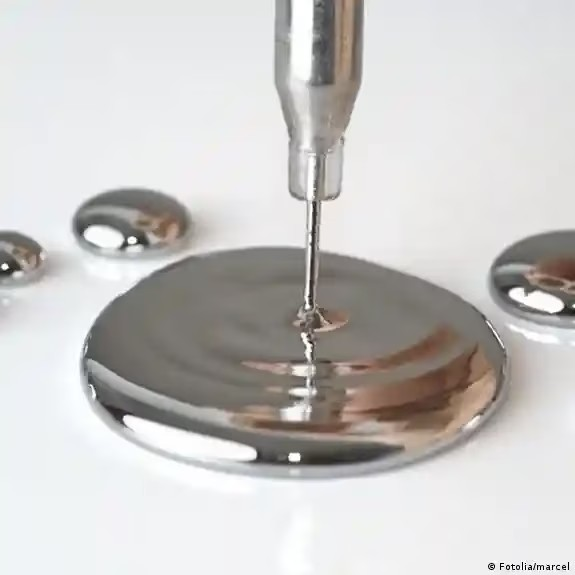Why Does Mercury Stay Liquid While Other Metals Solidify at Room temperature?

Hey there! Do you ever think about why mercury is still in liquid state at room temperature while other metals are solid at room temperature? It’s a bit of a puzzle, but let's put it into words in a simple way. To start with, a lot of metals such as iron, copper and gold melt at high temperatures, but mercury? It is cold around -38 degrees. 9°C (-38. 0°F). So, what’s the deal? Basically, it is the outer electrons' behavior that is the main factor in determining the shape of an atom. This illustrates that the electrons do not easily stick together thus weakening the bond between mercury atoms. So, even a small amount of energy can cause them to split, breaking mercury into a liquid. Now, picture this: Atoms bonding, some of their energy is stored in the bond and becomes unavailable. However, mercury has such a low energy in these bonds that even a small amount of movement can break them. And since heat is just an atomic level energy that is random, mercury doesn't need a lot...
